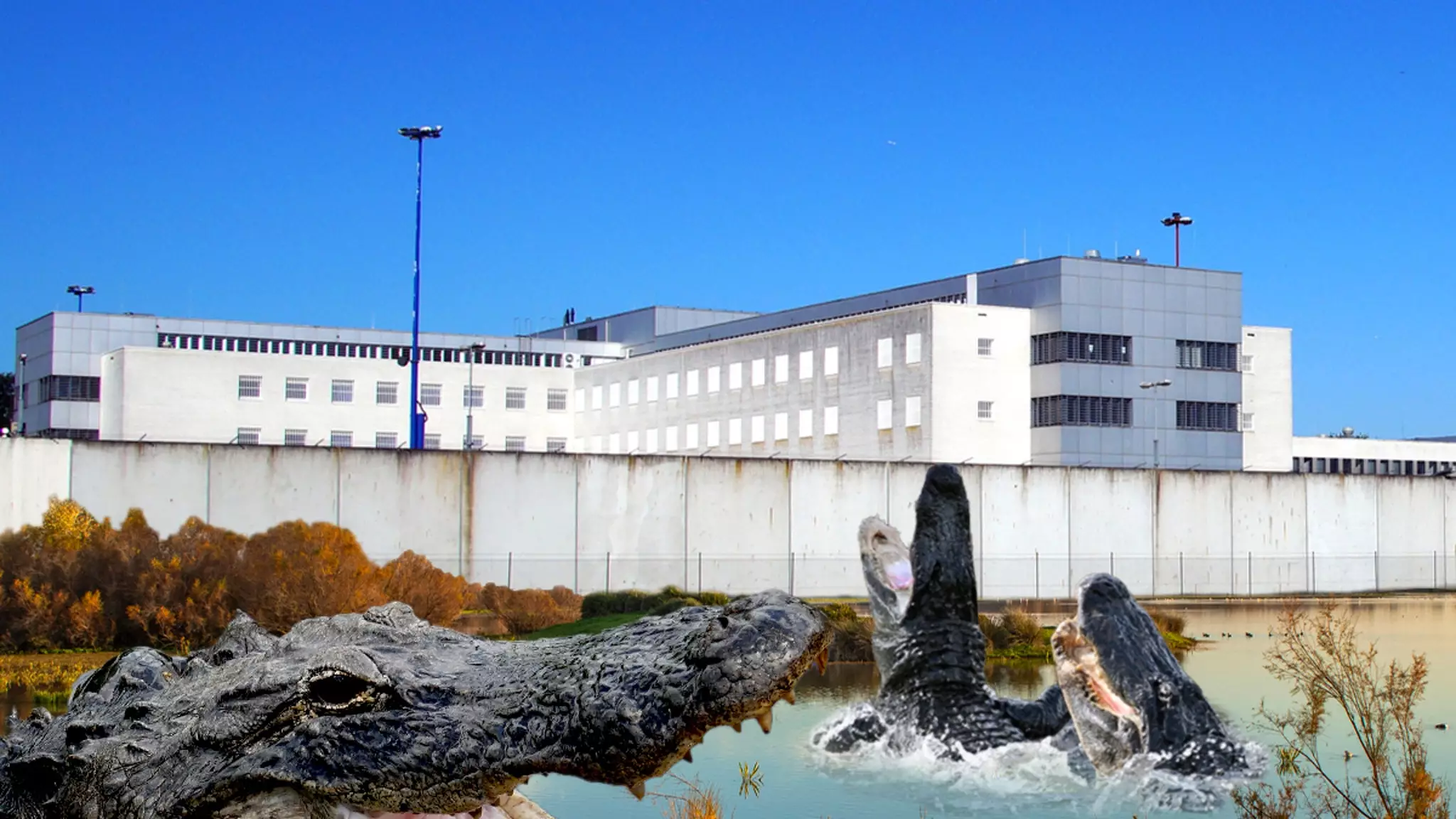In a move that has provoked outrage and disbelief, Florida’s Attorney General James Uthmeier has put forth a provocative plan that aims to transform the iconic Everglades into a detention center for undocumented immigrants. Dubbed “Alligator Alcatraz,” Uthmeier’s initiative seems to represent an almost absurd blend of ingenuity and recklessness, as it suggests utilizing a site teeming with alligators to house individuals facing deportation. His proposal, showcased in a video on X, blatantly elevates audacity to new heights, asserting that Florida’s local wildlife could substitute for traditional security measures. But can a gator-infested wilderness truly be considered a viable solution for such a serious immigration issue?
Florida’s Unique Environment as a Detention Center
The proposed location for “Alligator Alcatraz” is particularly telling. Situated in a remote area, the Miami-Dade Collier County Training Facility features a landing strip for facilitating the transport of undocumented immigrants. Uthmeier claims the site could be operational within a mere 30 to 60 days, capable of holding up to 1,000 individuals. This timeline is not just ambitious; it’s jaw-dropping, considering the extensive challenges associated with setting up such an extraordinary facility. The juxtaposition of human detention with the natural predatory instincts of alligators raises ethical and operational dilemmas that require deep consideration.
The Intersection of Policy and Public Safety
Uthmeier’s proposal arrives against the backdrop of an already strained immigration system. ICE facilities are currently overcapacity, housing around 53,000 individuals amid the fervor of the Trump administration’s deportation efforts. But rather than addressing the root of immigration challenges with compassion and foresight, Uthmeier’s approach seems more like a stunt than a strategic solution. Constructing a detention center within known wildlife territory not only trivializes the immigrant experience but also risks public safety and ethical governance. Are we to place vulnerable individuals in an environment designed for predators?
A Questionable Commitment to the Laws
Adding a layer of complexity to Uthmeier’s proposal is his recent legal troubles. Just before proposing this eyebrow-raising plan, he was found in civil contempt for ignoring a court order related to a law aimed at undocumented immigrants. This blatant disregard for judicial authority raises questions about his commitment to lawful governance versus partisan agendas. It appears that standing by Trump’s policies takes precedence over abiding by the very laws that uphold democratic integrity.
In an era when immigration is a topic of heated debate, the “Alligator Alcatraz” concept serves as a microcosm of the challenges facing U.S. immigration policy. It highlights an urgent need for comprehensive reform rooted in humanity rather than sensationalism. The gravity of the current immigration debate deserves attention far beyond a dubious proposal that marries questionable ethics with a dash of theatricality. Uthmeier’s scheme, although bold, is simply not a solution; it’s a reflection of the larger societal failures regarding how we treat people seeking a better life.

